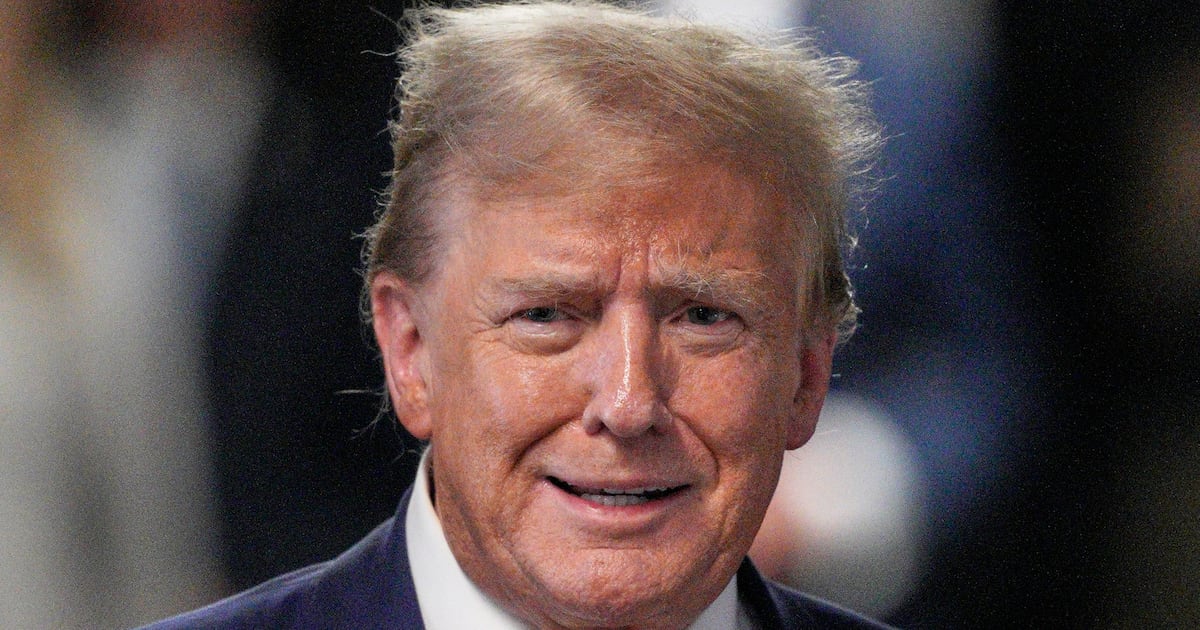I’m skeptical of many of the new far-left proposals bubbling up from the presidential campaign. But there’s one that is elegant and potentially historic. The best idea so far—a big idea that can transform the country—is Senator Elizabeth Warren’s proposal for an “ultra-millionaire tax.” It at least begins to address the wealth disparities that are corroding society. It’s politically feasible because it affects only a tiny number of ridiculously wealthy people who will barely feel the pinch. And it raises an astonishing $2.7 trillion dollars over 10 years, enough to fund a wish list of progressive dreams. Every objection to it becomes less convincing on close examination.
The most common conservative response to Warren is that she’s engaged in “class warfare.” But Warren’s target isn’t the “top one percent,” which begins at an income threshold of around half a million dollars a year. It isn’t the top 0.1 percent, where people are earning millions. It touches just the top portion of the top 0.01 percent, whose share of total U.S. wealth quadrupled in the last four decades. This tiny sliver of 75,000 uber-wealthy families—a “class” that could fit in Garland, Texas or Woodbridge, New Jersey—now controls more wealth than the bottom 90 percent of Americans.
So this isn’t “Soak the Rich”—a political loser in a country where most people want to be wealthy. It’s “Nick the Super-Rich.” Under Warren’s plan, inspired by Thomas Piketty’s influential 2014 book, Capital in the 21st Century, and drafted by Emmanuel Sanz and Gabriel Zucman of Berkeley, Americans with a net worth of more than $50 million would pay two percent a year on their wealth over that $50 million. American billionaires (who number around 680 right now) would pay three percent on their wealth over that $1 billion. In most years, two or three percent is far less than the appreciation of their assets. The vast majority of people paying the tax would still be getting richer every year.
Of course that doesn’t stop them from complaining about it. While Jeff Bezos, Warren Buffett, and Bill Gates have yet to weigh in, Michael Bloomberg said Warren’s pie-in-the-sky tax would turn us into Venezuela. He forgot to mention that Venezuela doesn’t have a wealth tax. And how unrealistic can it be when a New York Times poll showed that 75 percent of Democrats—and 51 percent of Republicans—favor it? Howard Schultz called the plan “ridiculous.” Does he think property taxes are ridiculous? All this tax does is define “property” to include more assets than just real estate.
For years, a wealth tax has been blithely assumed to be unconstitutional. Judges have occasionally interpreted the 16th Amendment, which established the income tax in 1913, to mean that the receipt of “direct taxes” must be apportioned to the states.
“We believe this conventional wisdom is wrong and its casual repetition has been harmful,” write the distinguished constitutional law professors, Walter Dellinger and Dawn Johnsen, in the Indiana Law Journal. Dellinger and Johnsen explain how a unanimous 1796 Supreme Court decision in Hylton vs. U.S. upholding a yearly tax on carriages proves that the founders had no problem with federal taxes on various forms of property. If the hypocritical originalists on the Supreme Court were to go ahead and invalidate a wealth tax anyway, there are perfectly constitutional workarounds involving transaction taxes on assets that would achieve nearly the same effect.
Warren’s “ultra millionaire tax” is only a wealth tax in a technical sense. Calling it that causes confusion with the very different kinds of wealth taxes imposed over the last 25 years in Europe. The abandonment of wealth taxes in eight European countries in recent years has become the major argument hauled out to discredit Warren’s proposal. But those wealth taxes applied either to all assets—regardless of a person’s net worth—or, as in France, to individuals with a net worth of around $1.4 million. At that level, large numbers of the French upper-middle class were affected and collecting the tax was an administrative nightmare. The Warren plan’s $50 million net worth threshold means a lot fewer angry taxpayers and a lot fewer headaches for the tax man.
That’s not to say Warren’s plan would be easy to administer. Asset valuations—particularly of privately-held businesses and other murky and illiquid assets—can be hard to specify, especially when the ultra-rich are protected by a battalion of high-priced lawyers who can drag out the audits for years.
But concerns here are overblown. The IRS already assesses the net worth of the wealthy when they die. Yes, that’s a one-time event, while Warren’s tax would be annual. But that’s not a huge difference in a world where individual fortunes don’t shift radically year-to-year. To cover the extra work, her plan calls for expanding the number of IRS agents—which have been slashed in recent years—and adding steep penalties for shifting assets overseas or otherwise trying to hide them.
Not every super-rich person is against it. “Very lucky guy here (who got rich in part thanks to public schools, access to health care, etc.),” Chris Sacca, a billionaire venture capitalist, tweeted. “weighing in to say that [Warren’s] proposal is extremely and radically… reasonable.”
It’s also politically reasonable. Rep. Alexandria Ocasio-Cortez’s plan for a top 70 percent marginal rate on incomes over $10 million a year is easier to administer but far inferior. While most people aren’t irrational enough to think they will become billionaires, they can envision themselves (or their children) in the top tax bracket, which is currently 37 percent. It’s no surprise that AOC’s proposal is less popular than Warren’s, especially among Republicans. It would also raise only about a quarter as much revenue as Warren’s plan.
Not long ago, taxing the super-rich might have been emotionally satisfying for populists, but it just didn’t yield big bucks. That has changed. To me, this is the biggest reason to favor an “ultra-millionaire tax.” Just think what $270 billion a year could do.
It could pay for Warren’s ambitious plan to offer child care to all families that need it (a mere $70 billion) or some other candidate’s plan to rebuild infrastructure or make a down payment on the Green New Deal or give the middle class a tax cut or slash the deficit.
Whether or not Elizabeth Warren should be the Democratic standard-bearer, the “ultra millionaire tax” is an idea whose time has come. If the Democrats take the presidency and the Senate (where only a simple majority is needed for revenue bills) in 2020, expect to see some pie-in-the-sky.







